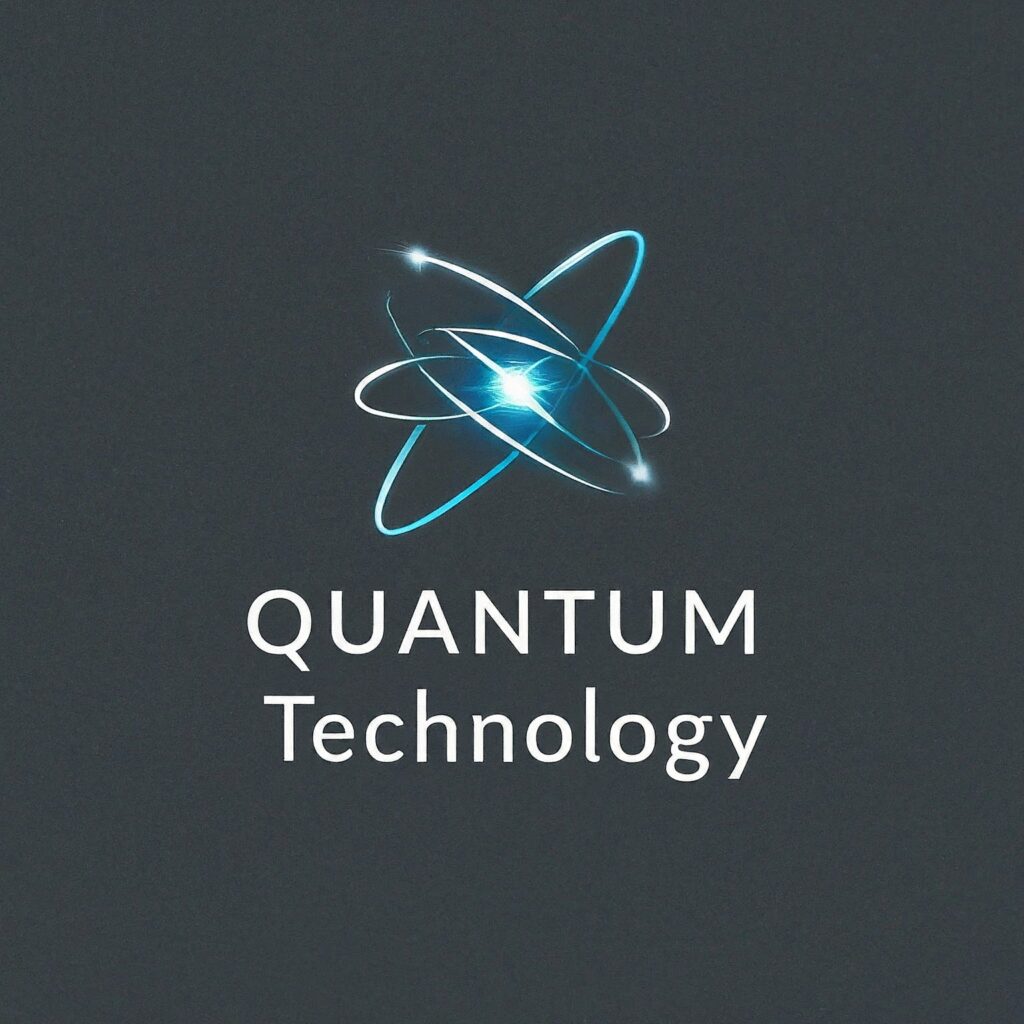The quest for harnessing the immense power of quantum computers hinges on precise control of the delicate quantum bits, or qubits, that form their core. Researchers at the forefront of this revolution require efficient tools to manage, analyze, and collaborate on qubit control data. A new study published in Nature Scientific Reports (“An open-source data storage and visualization platform for collaborative qubit control” introduces QubiCSV (Qubit Control Storage and Visualization), a groundbreaking open-source platform that addresses these critical needs.
The Challenge of Qubit Control:
Superconducting qubits, the leading technology in the race for quantum supremacy, are incredibly sensitive to their environment. Even minor fluctuations in temperature, noise, or magnetic fields can disrupt their delicate quantum states. Controlling these qubits effectively requires meticulous calibration and characterization, generating vast amounts of complex data.
Traditional Approaches and Their Shortcomings:
Existing data management systems in quantum control are often fragmented and inefficient. Researchers struggle with:
- Limited Storage and Version Control: Traditional storage solutions often lack the capacity or organization required for the ever-growing volume of qubit control data. Version control, crucial for tracking changes and avoiding errors, can be cumbersome.
- Ineffective Visualization Tools: The intricate nature of quantum data demands specialized visualization tools for interpreting complex relationships and identifying optimal control strategies. Standard data visualization tools often fail to meet these demands.
- Collaboration Bottlenecks: Sharing data and collaborating effectively on qubit control experiments across different research groups can be challenging due to incompatible data formats and lack of centralized platforms.
QubiCSV: A Collaborative Solution:
QubiCSV tackles these challenges head-on by offering a comprehensive, open-source platform specifically designed for qubit control data:
- Streamlined Data Management: QubiCSV provides a central repository for storing all calibration and characterization data from qubit control experiments. Version control ensures researchers can always access the correct data version and track changes seamlessly.
- Intuitive Visualization Tools: The platform boasts a suite of intuitive visualization tools, specifically tailored for quantum data. Researchers can explore intricate relationships between different parameters, visualize the evolution of qubit states during control sequences, and identify control strategies with greater clarity.
- Real-Time Interaction: QubiCSV allows researchers to interact with live data streams from their qubit control systems. This real-time feedback allows for dynamic adjustments and optimization of control strategies during experiments.
- Open-Source Collaboration: As an open-source platform, QubiCSV fosters collaboration. Researchers can share data and best practices easily, accelerating progress in the field.
Impact and Potential Benefits:
By streamlining data management, visualization, and collaboration, QubiCSV offers significant advantages for researchers working on qubit control:
- Improved Efficiency: Streamlined data handling and analysis save valuable research time and resources.
- Enhanced Experiment Design: Powerful visualization tools enable researchers to design better control sequences and optimize qubit performance.
- Faster Innovation: Open-source collaboration fosters knowledge sharing and accelerates advancements in the field.
A Look Ahead: The Road to Quantum Supremacy:
The development of QubiCSV represents a significant step forward for quantum computing research. As researchers continue to refine qubit control techniques and explore more complex quantum algorithms, efficient data management and visualization tools will become even more crucial. Open-source platforms like QubiCSV hold immense potential to accelerate collaborative efforts and pave the way towards achieving quantum supremacy – the point where quantum computers outperform classical computers for specific tasks.
Beyond the Lab: Applications in Other Fields:
The principles behind QubiCSV could be adapted to other scientific and engineering domains grappling with complex data management and visualization challenges. From high-energy physics experiments to advanced materials research, QubiCSV’s core functionalities could prove valuable in other disciplines where data plays a central role in scientific discovery.
Conclusion: A Quantum Leap in Collaboration:
QubiCSV marks a turning point in the collaborative management and visualization of qubit control data. It empowers researchers to work more efficiently together, unlock new insights into quantum control, and pave the way for future advancements in the field of quantum computing. As the race to harness the power of qubits intensifies, QubiCSV stands as a testament to the power of open-source collaboration and its potential to revolutionize the future of technology.
